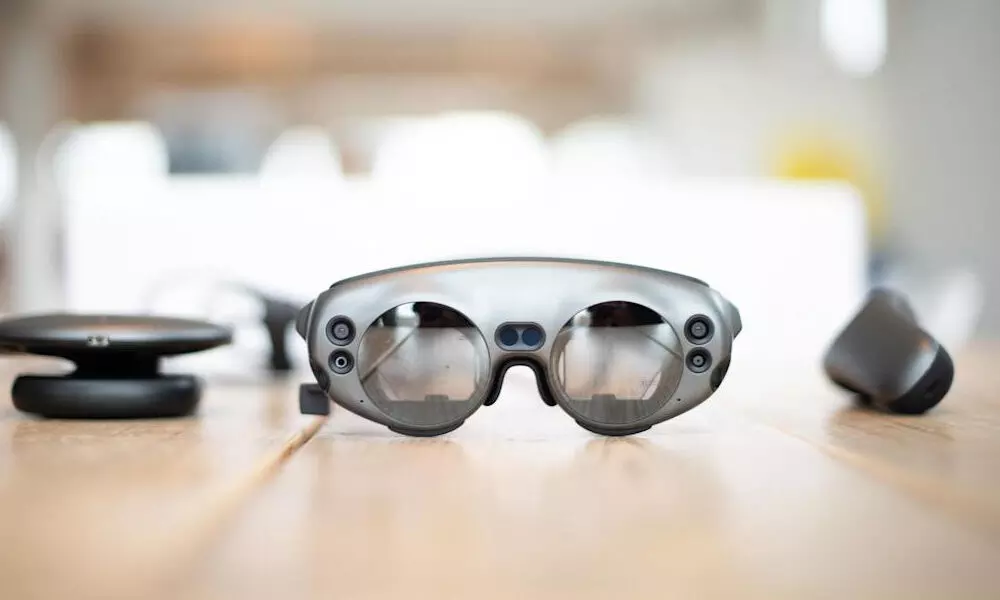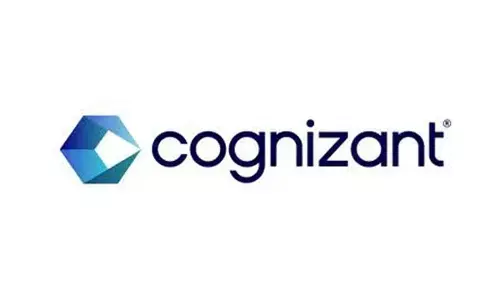Magic Leap's new AR headsets roll out to healthcare companies

Magic Leap's new AR headsets roll out to healthcare companies
Magic Leap, an augmented reality headset maker has announced the first partners for its Magic Leap 2 headset. Increased availability is planned for mid-2022.
Magic Leap, an augmented reality headset maker has announced the first partners for its Magic Leap 2 headset, a sign that the once consumer-focused company is still moving forward with its enterprise-focused business.
Today in a press release, Magic Leap named four healthcare partners that have access to the device: clinical data visualization company SentiAR, neurotech company SyncThink, diagnostics company Heru, and surgical software tool Brainlab. . The Magic Leap 2 is slated for a more general release in mid-2022. It's a smaller, lighter follow-up to the Magic Leap headphones that debuted in 2018; In an interview with Bloomberg, Magic Leap CEO Peggy Johnson said it would be "slightly" more expensive than its predecessor, which starts at $2,295.
Johnson tells Bloomberg that Magic Leap sees potential for buyers in "industries that are used to wearing something in the eyes," a category that includes surgeons and manufacturing workers. Magic Leap is also interested in military customers who might use the headset for training; the company previously sought a contract with the US military that ultimately went to Microsoft's competing HoloLens headsets.
Magic Leap made billions of dollars as a consumer headphone company, but the company quickly scaled back its plans and replaced its previous CEO, Rony Abovitz, with Johnson in 2020 amid major layoffs. It is reportedly considering takeover bids from other companies, reportedly including major healthcare player Johnson & Johnson, but ultimately raised $500 million in enterprise app funding last year. If Magic Leap were to return to the consumer market, it could find itself competing with more established brands, including Snap and Meta, formerly known as Facebook.
However, the company is apparently "absolutely" willing to return, though Johnson says AR technology would have to get smaller and its potential applications more compelling to make the move worthwhile.











